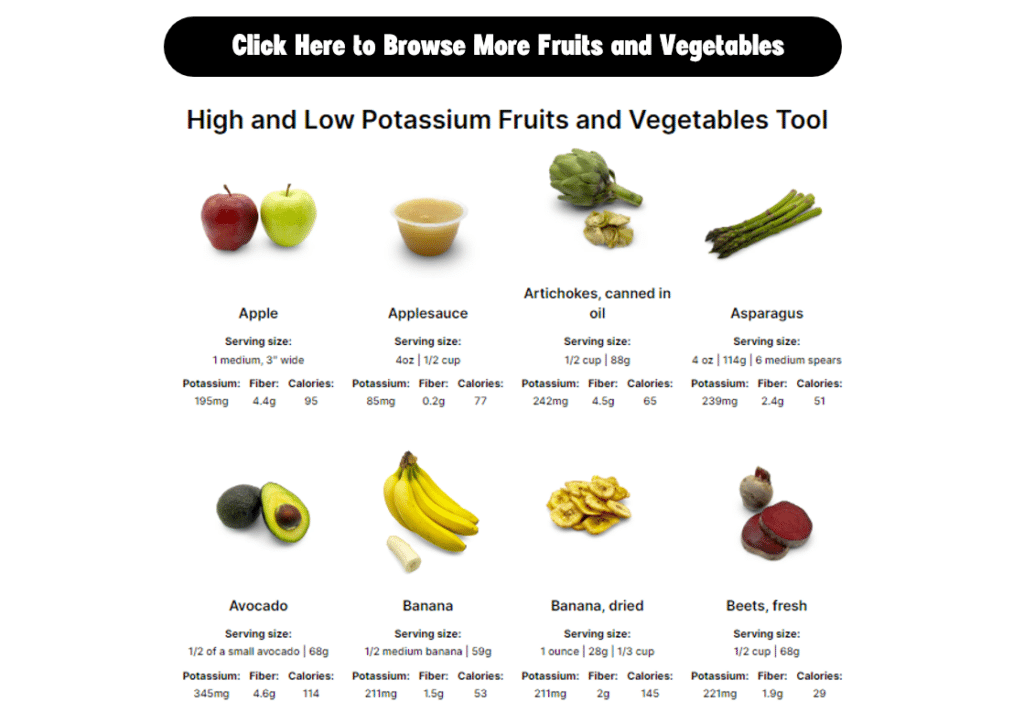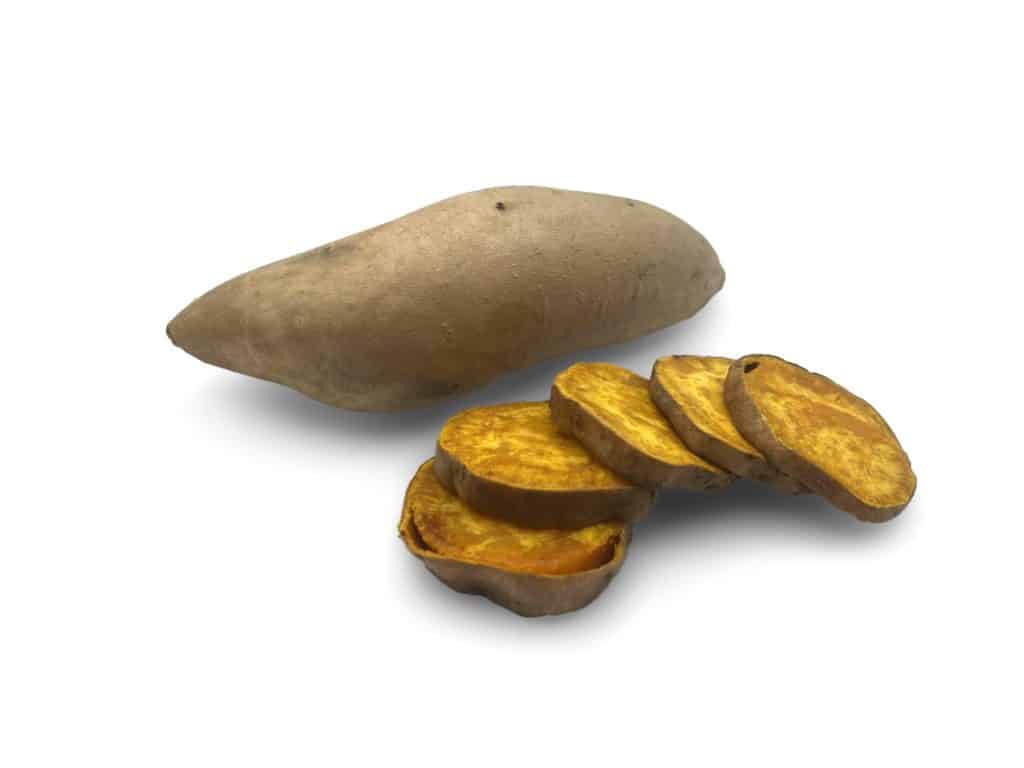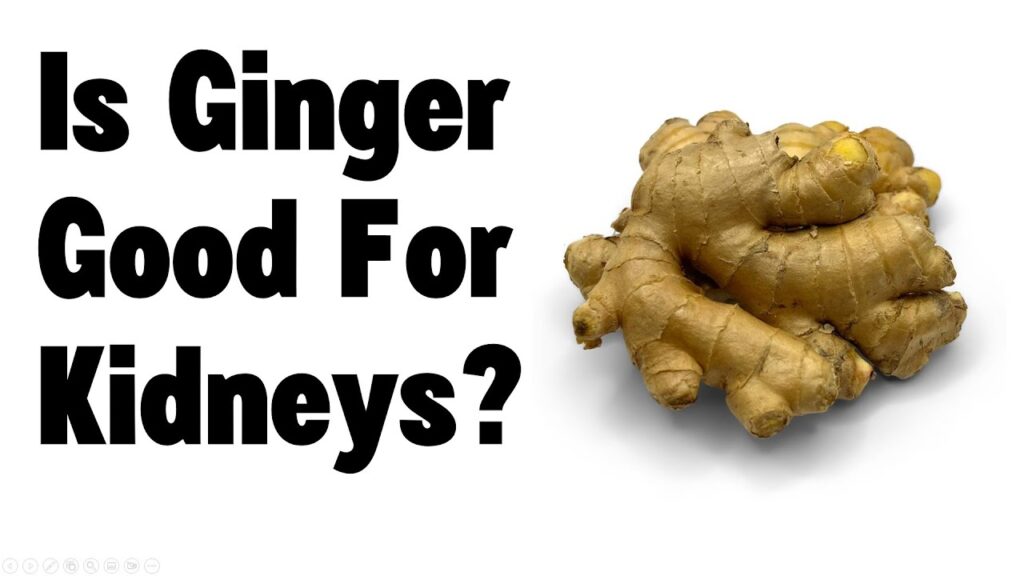Table of Contents
Is kale good for kidneys?
Yes, kale is rich in antioxidants, fiber, and vitamins that are beneficial to people with kidney disease. If you also have diabetes, kale is considered a non-starchy vegetable.
This post may contain affiliate links through which we may earn a small commission to help keep this website free.
Is kale high in potassium?
One cup of kale contains 79mg of potassium making it a low potassium vegetable. However, cooked kale shrinks down. One half cup of cooked kale contains 245mg of potassium. Be aware of your portions when eating cooked vegetables.
Most kidney professionals consider a fruit or vegetable to be high potassium if it contains more than 200mg of potassium per serving.
If you have kidney disease, you should not restrict your intake of fruits and vegetables because of potassium content unless instructed by your kidney dietitian or healthcare provider. Many people who have kidney disease do not need to restrict their intake of potassium. There are many other factors that could cause you to have high potassium levels that are not related to the food you eat. You can learn more about potassium and kidney disease through our courses.
Is kale high in phosphorus?
No. One cup of raw kale contains about 15mg of phosphorus. The phosphorus found in kale is natural and poorly absorbed by the body, so it is considered a low phosphorus food.
For more information about phosphorus and kidney disease, check out our youtube video.
What are the benefits of kale?
- Kale contain vitamins and antioxidants. Antioxidants consumed through fruits and vegetables are considered to have protective effects against many chronic diseases.
- Kale is rich in dietary fiber, which aids digestion and promotes regular bowel movements. The fiber content helps prevent constipation and supports a healthy digestive system. Avoiding constipation is an important way of helping maintain good potassium levels.
- Research shows that a low intake of fruits and vegetables is associated with an increased risk of developing kidney failure in people with kidney disease (as well as those who don’t have kidney disease.
Is kale high in oxalates?
No, Kale is considered a low oxalate food. (Source)
Oxalates are naturally occurring compounds found in many foods. When consumed, oxalates can bind with calcium in the body to form crystals, which can contribute to the formation of kidney stones in some individuals.
Kidney stones are hard deposits that form in the kidneys when there are high levels of certain substances, such as calcium, oxalate, and uric acid, in the urine. The most common type of kidney stone is calcium oxalate stones, which are formed when calcium and oxalate combine in the urine.
While oxalates are present in many foods, not everyone who consumes oxalates will develop kidney stones. Factors such as individual susceptibility, overall diet, and lifestyle choices play a role in kidney stone formation.
The highest oxalate fruits and vegetables are spinach, rhubarb, and swiss chard. However, it’s important to note that the mere presence of oxalates in food does not guarantee kidney stone formation. If you are not prone to developing kidney stones, then there is no reason to avoid foods that are high in oxalate.
Healthy ways to eat kale
- Use it as a base for your salads
- Chop or shred kale to eat raw in salads like our Kale Salad with Asian Peanut Dressing
- Add it to smoothies to sneak in some green vegetables without really noticing
- Sauté with olive oil and flavors like garlic and onion until slightly wilted for a healthy side dish
- Chop it up and add it to stir fries
High and Low Potassium Fruit and Vegetable Tool
Looking for more information on other kidney friendly fruits and vegetables? Check out our Fruit and Vegetable Potassium Tool.



